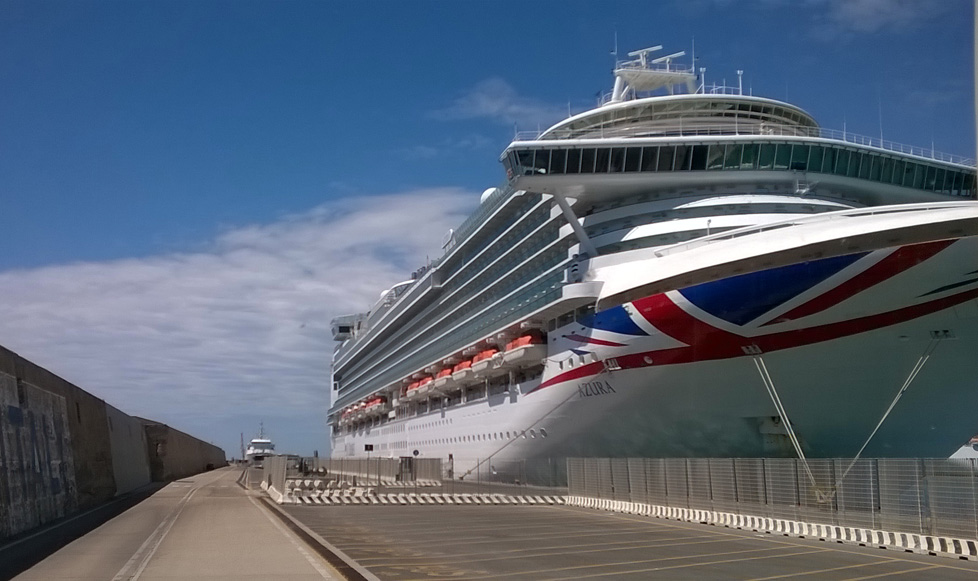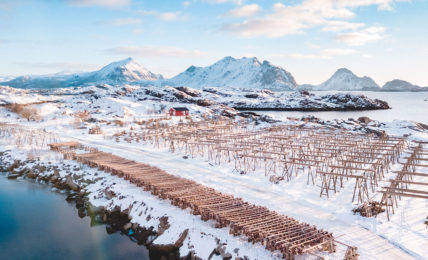Sta per iniziare un cambiamento epocale nel turismo: ci faremo trovare pronti?
Il futuro del turismo mondiale è nella felicità. E il turista felice sarà quello in armonia con il contesto che lo circonda. Ecco come sta cambiando la sensibilità collettiva verso un turismo più responsabile. A detta degli esperti.






Ottimi indizi suggeriti per sviluppare un tema che riguarda tutti. Riscrivere il turismo, e farlo nel modo indicato dall’ottimo articolo, è è quasi approdare a una dimensione responsabile della visita – che poi è quella a cui ci atteniamo quando andiamo da amici o riceviamo in casa nostra.